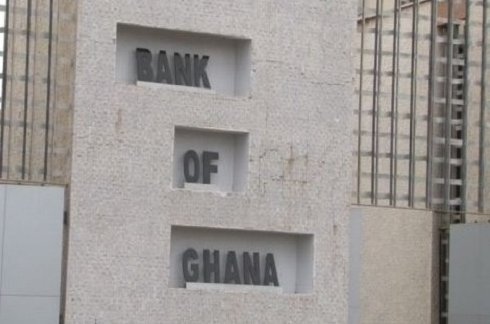The International Monetary Fund (IMF) has repeated the reasons that the Bank of Ghana (BoG) gave for the GH¢60billion loss it incurred as the actual cause of the BoG loss.
The BoG had earlier attributed its loss to the impairment of the Government of Ghana’s securities holdings of ¢48.45 billion, impairment of loans and advances granted to quasi-government and financial institutions amounting to ¢6.12 billion and the depreciation of the local currency resulting in net exchange loss of ¢5.27 billion.
The loss was occasioned by the Government of Ghana Domestic Debt Exchange Programme, the central bank said.
According to the BoG, its Board of Directors and Management assessed the policy solvency implications arising out of the negative net worth position and the group’s ability to continue to generate enough income to cover its monetary policy operations and other operational costs.
The IMF repeated these same reasons for the cause of the GH¢60.8billion loss.
The Fund in a statement said while providing answers to frequently asked questions on the $3billion bailout “The Ghanaian authorities’ domestic debt exchange (DDE) is a key element of their plan to restore macroeconomic stability and public debt sustainability. The BoG is participating in the DDE to share some of the burden the DDE places on government debt holders, along with banks, other financial institutions, pension funds and individuals.”
“The loss the BoG incurred in the process has contributed to reducing its net equity to a negative value. Importantly, however, this does not prevent the BoG from fulfilling its policy mandates and ensuring inflation gradually returns toward its 8-percent target. Indeed, central bank income is expected to be sufficient to cover monetary policy operational costs. The BoG’s net equity is expected to improve significantly over time and eventually return to positive territory,” the IMF added.


















